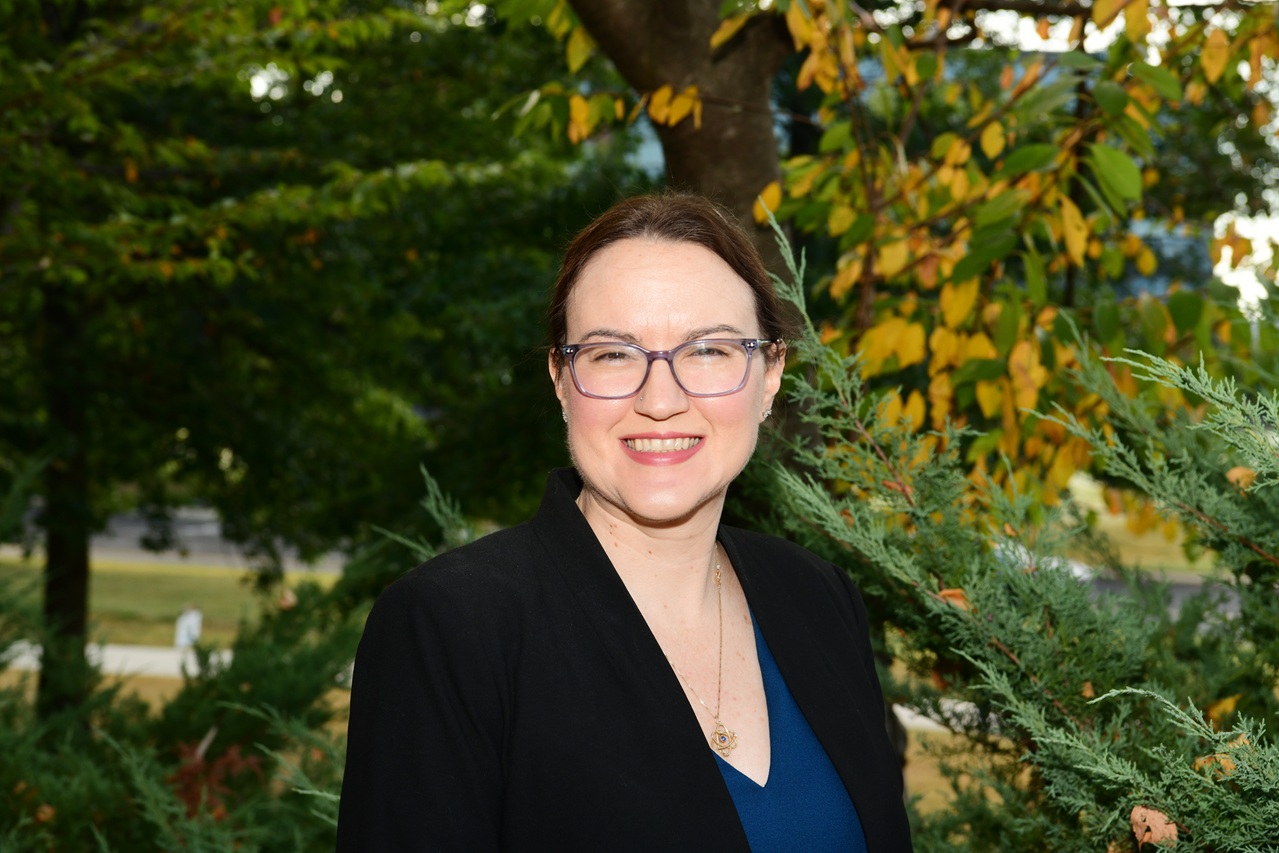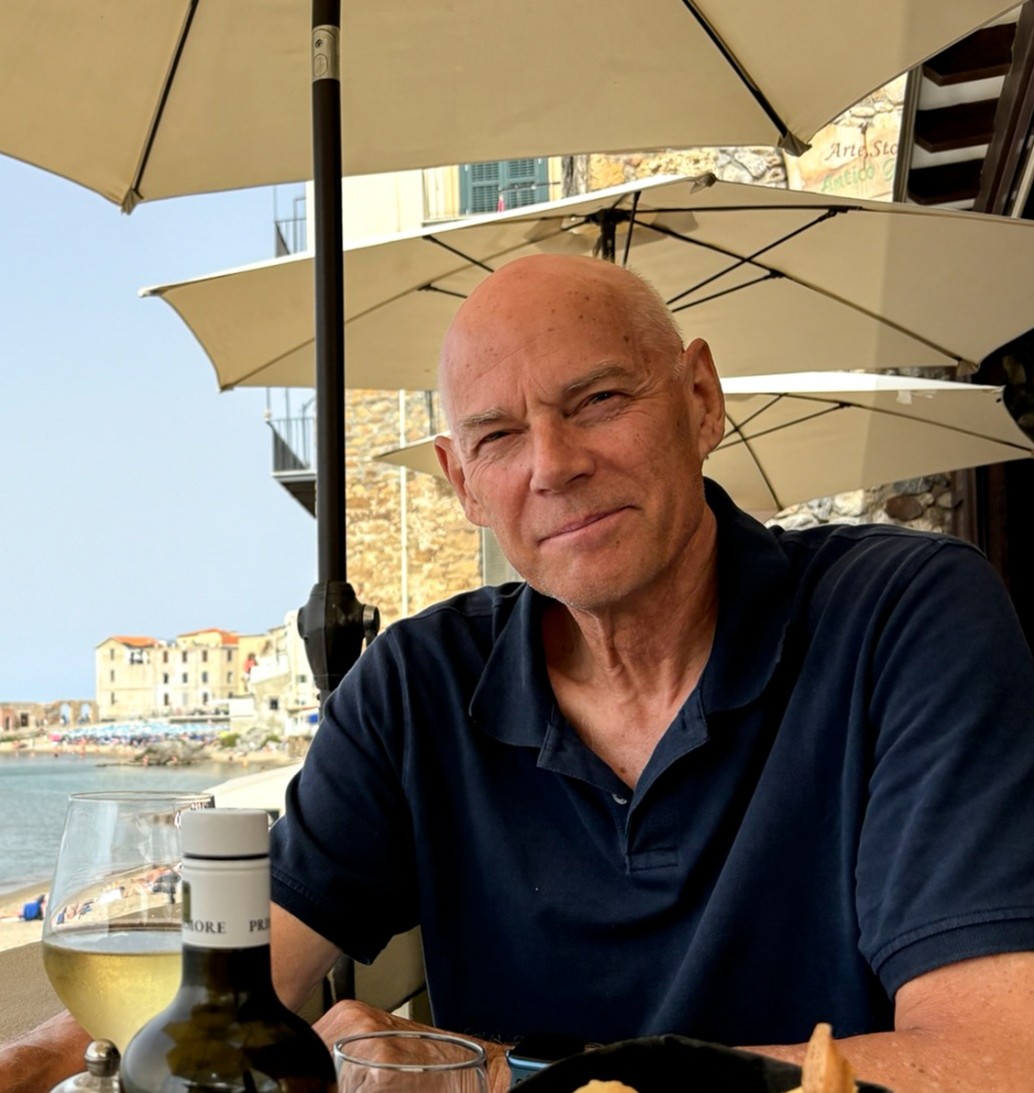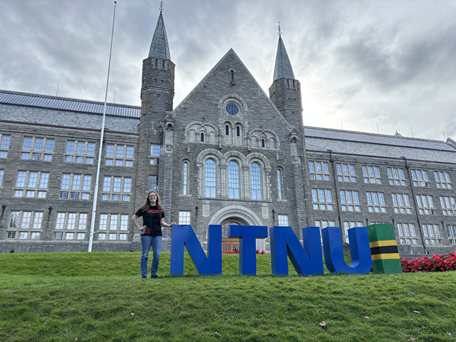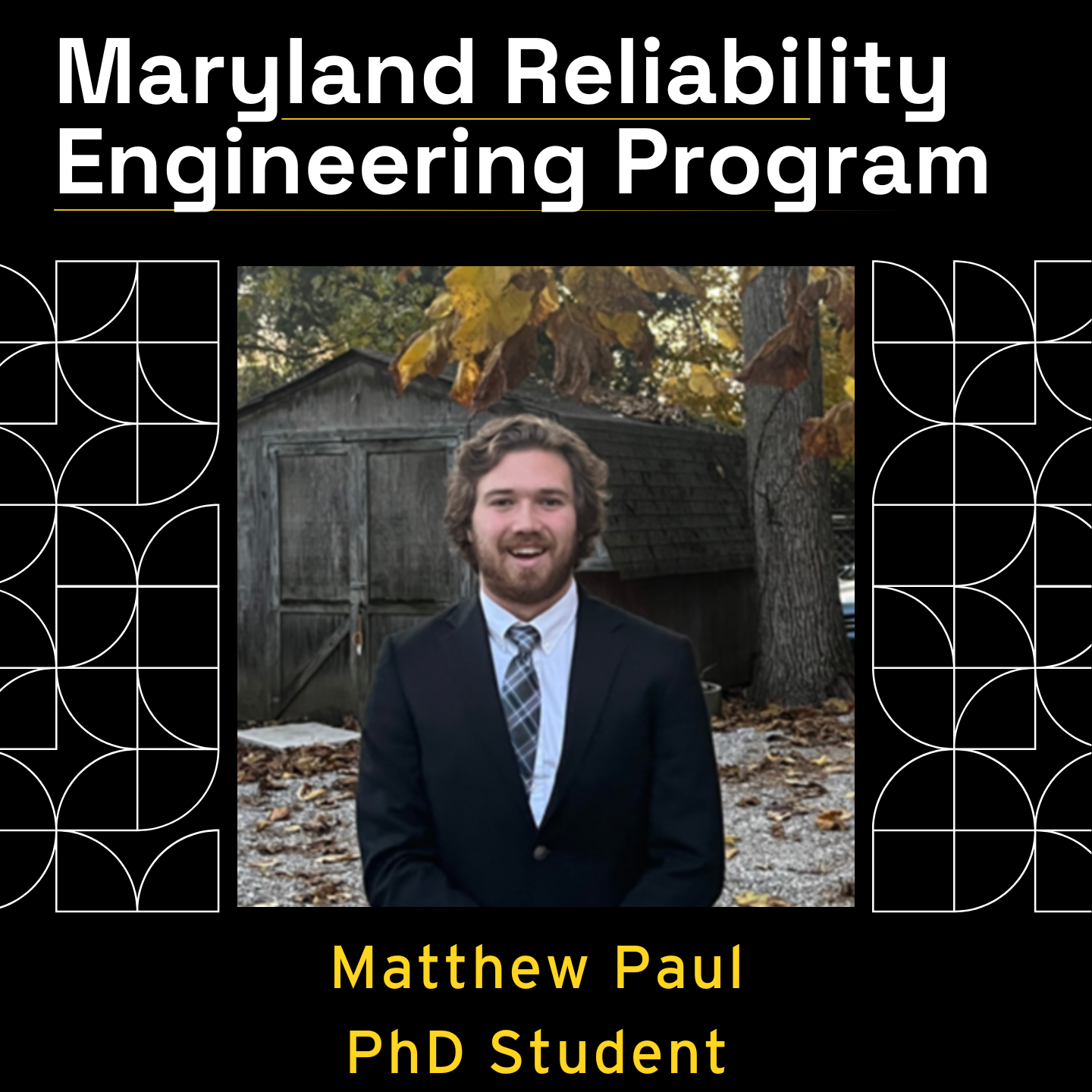News Story
July Student Spotlight: Lauren Reising
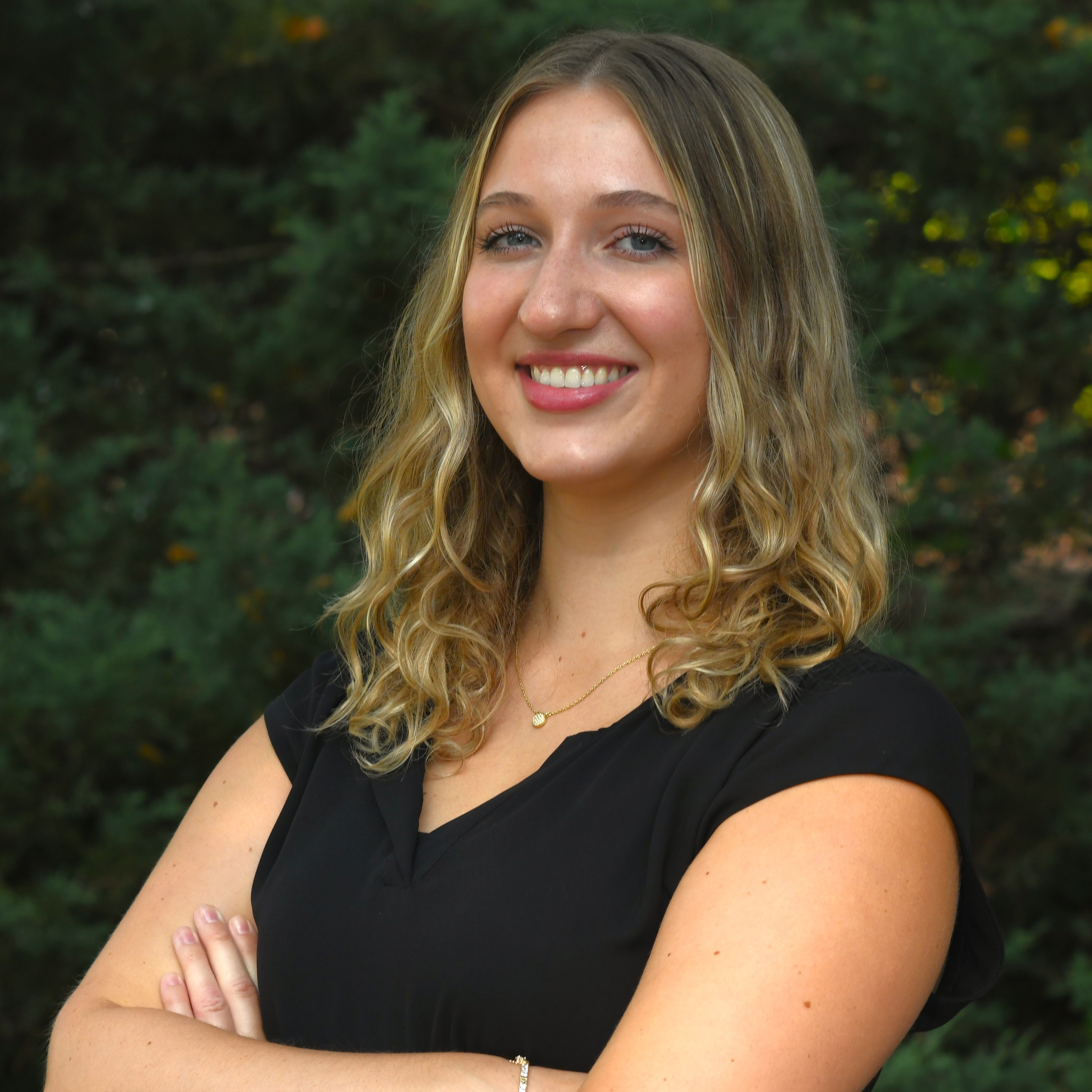
July Student Spotlight: Lauren Reising
“Meet Lauren, a second year master’s student whose research on component reliability is advancing the state of hydrogen fueling technology”
Year in Program: Second year master’s student
Advisor: Dr. Katrina Groth
Research interests: Safety and reliability of hydrogen fueling systems, hydrogen fueling applications in aviation
Dissertation Topic: Cryogenic Pump Reliability Analysis Using the Hydrogen Component Reliability Database (HyCReD) and Bayesian Methods
What drew you to engineering?
My engineering journey started at the age of 9 when I attended summer camp at the Museum of Flight near my home in Seattle. My curiosity and excitement for aviation and the inner workings of complex mechanical systems is what originally sparked my desire to learn more about the field of engineering.
What made you choose UMD and the ENRE Reliability Program?
I joined UMD’s reliability engineering program because of the Systems Risk and Reliability Analysis (SyRRA) Lab and the alignment of their work with my unique combination of research interests on the risk and reliability of hydrogen fueling systems.
Having interned at the Federal Aviation Administration (FAA) and at Alaska Airlines, and after four years of undergraduate research at Washington State University’s Hydrogen Properties for Energy Research (HYPER) Center, I knew that my next step was learning more about how to advance hydrogen fueling technology through reliability engineering techniques to one day be able to combine my passions for clean fuel and aviation.
I am thankful for UMD and the SyRRA Lab for giving me the opportunity to study reliability engineering methods and contribute to improving the reliability of hydrogen fueling systems.
What do you want people to know about Reliability Engineering that they may not be aware of?
Many people are unaware that reliability engineering affects numerous parts of their lives. Even as an undergraduate in mechanical engineering, I had limited knowledge about the field. UMD’s program has allowed me to see that reliability engineering techniques are everywhere, from risk assessments of commercial aircraft to accelerated life testing of the tires on my car, reliability studies at power plants, failure analyses of the circuit boards in my computer, and many more.
The safety and reliability of complex systems is crucial and affects so many parts of day-to-day life. For this reason, reliability engineering needs to be a bigger part of the engineering conversation.
Fun fact about yourself?
I recently rediscovered biking and have been enjoying exploring the trails around College Park and Washington D.C.
Published July 11, 2025






